Into the Sun by C. F. Ramuz, translated from the French by Olivia Baes and Emma Ramadan, New Directions, 2025
Originally published in 1922, C. F. Ramuz’s Into the Sun is a quietly devastating depiction of the climate crisis, centring its narrative around the predicted outcome of the sun eventually engulfing the Earth. Catastrophe narratives can lean into the dramatic, but among Into the Sun’s distinctive qualities is the resistance of hyperbolic description and genre conventions; instead, Ramuz’s novel is filled with clarifying depictions of manifold human reactions—particularly silence, denial, and the stubborn persistence of everyday life. The structure of the novel, too, defies expectation, being composed of a series of vignettes that do not necessarily follow a narrative thread. Rather, the discrete elements resemble individual short stories that share the same backdrop and quiet, elliptical narrative. The result of these stylistic combinations work to create a text that feels distinctly contemporary, given the current global concern for climate change and its repercussions.
Ramuz’s discreet, almost detached tone is evident from the novel’s early chapters: ‘Because of an accident within the gravitational system, the Earth is rapidly plunging into the sun.’ In presenting the facts with a clinical eye, the arrival of the central revelation is underplayed, only previously intimated via subtle mentions of rising temperatures. As the news then spreads globally, the small lakeside town in which the novel is set (unnamed, but clearly Swiss in its cultural references) carries on as if nothing has changed. The villagers hear the warning, but they do not believe it. According to the psychologist Matthew Adams, eco-anxiety can manifest in a variety of ways, including denial, and this tension between knowledge and enforced oblivion forms the emotional core of Into the Sun: Ramuz is less concerned with the mechanics of catastrophe than with the psychological and communal refusal to accept it. READ MORE…

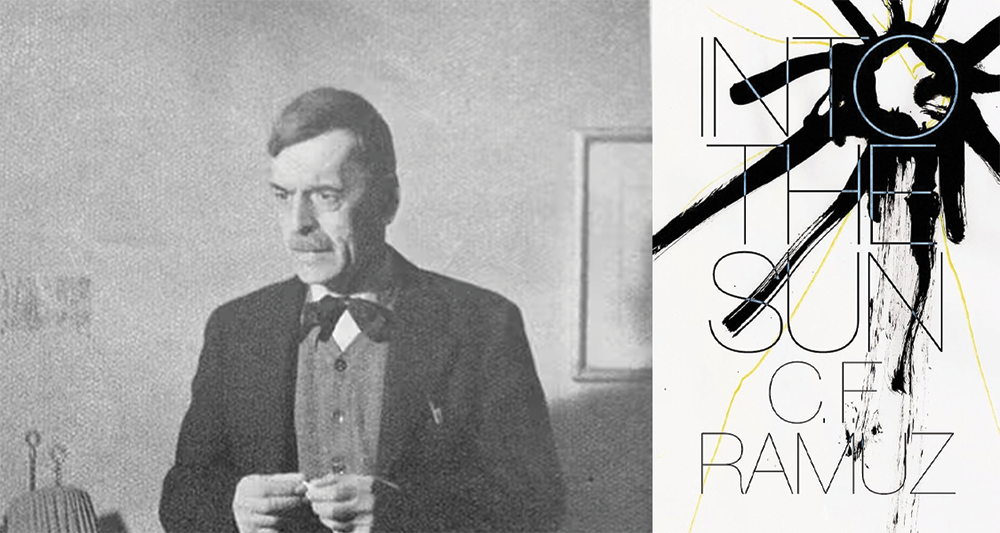


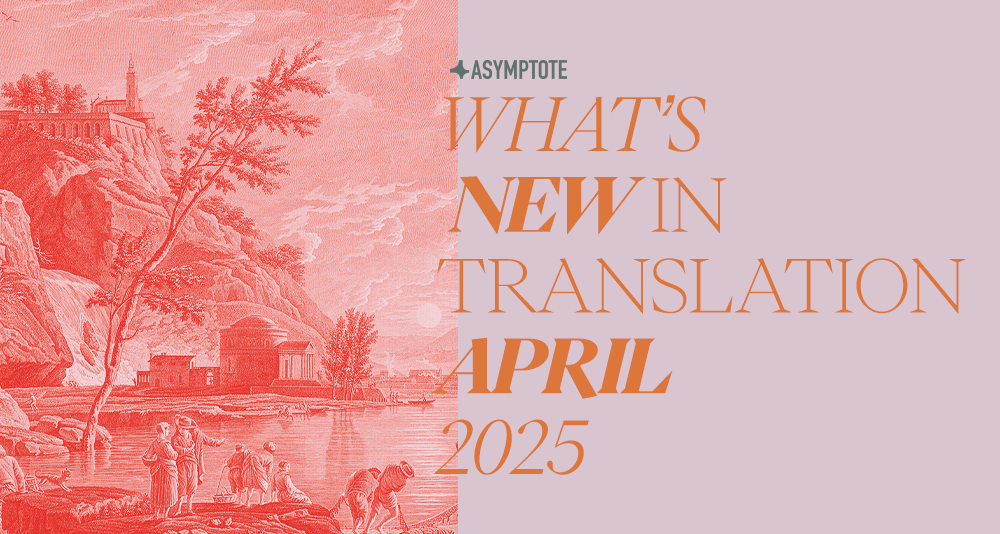
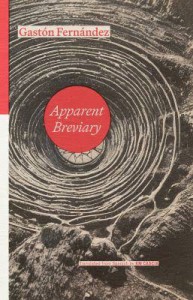
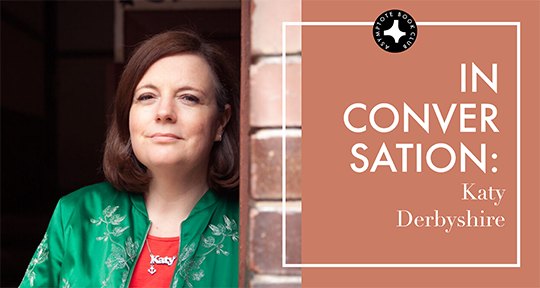
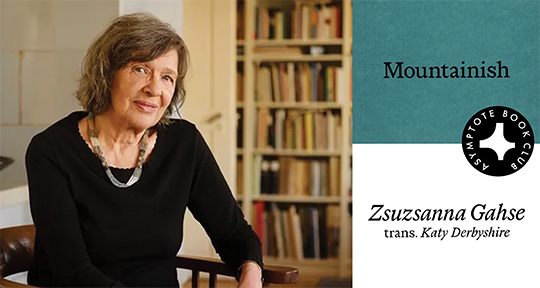









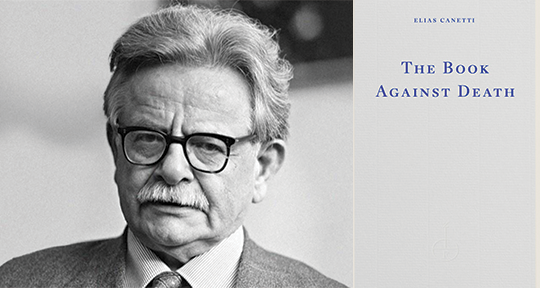
Blog Editors’ Highlights: Winter 2025
Reviewing the manifold interpretations and curiosities in our Winter 2025 issue.
In a new issue spanning thirty-two countries and twenty languages, the array of literary offers include textual experiments, ever-novel takes on the craft of translation, and profound works that relate to the present moment in both necessary and unexpected ways. Here, our blog editors point to the works that most moved them.
Introducing his translation of Franz Kafka’s The Trial in 2012, Breon Mitchell remarked that with every generation, there seems to be a need for a new translation of so-called classic works of literature. His iteration was radically adherent to the original manuscript of The Trial, which was diligently kept under lock and key until the mid-fifties; by then, it was discovered exactly to what extent Max Brod had rewritten and restructured the original looseleaf pages of Kafka’s original draft. It is clear from Mitchell’s note that he considers this edit, if not an offense to Kafka, an offense to the reader who has lost the opportunity to enact their own radical interpretation of the work: an interpretation that touched Mitchell so deeply, he then endeavored to recreate it for others.
In Asymptote’s Winter 2025 Issue, the (digital) pages are an array of surprising turns of phrase and intriguing structures—of literature that challenges what we believe to be literature, translations that challenge what we believe to be originality, and essays that challenge what we believe to be logic. I am always drawn to the latter: to criticism, and writing about writers. As such, this issue has been a treat.
With the hundredth anniversary of Kafka’s death just in the rearview and the hundredth anniversary of the publication of The Trial looming ever closer, the writer-turned-adjective has not escaped the interest of Asymptote contributors. Italian writer Giorgio Fontana, in Howard Curtis’s tight translation, holds a love for Kafka much like Breon Mitchell. In an excerpt from his book Kafka: A World of Truth, Fontana discusses how we, as readers, repossess the works of Kafka, molding them into something more simplistic or abstract than they are. In a convincing argument, he writes: “The defining characteristic of genius is . . . the possession of a secret that the poet has no ability to express.” READ MORE…
Contributors:- Bella Creel
, - Meghan Racklin
, - Xiao Yue Shan
; Languages: - French
, - German
, - Italian
, - Macedonian
, - Spanish
; Places: - Chile
, - France
, - Italy
, - Macedonia
, - Switzerland
, - Taiwan
, - Turkey
; Writers: - Agustín Fernández Mallo
, - Damion Searls
, - Elsa Gribinski
, - Giorgio Fontana
, - Lidija Dimkovska
, - Sedef Ecer
; Tags: - dystopian thinking
, - identity
, - interpretation
, - nationality
, - painting
, - political commentary
, - revolution
, - the Cypriot Question
, - the Macedonian Question
, - translation
, - visual art
, - Winter 2025 issue
, - world literature